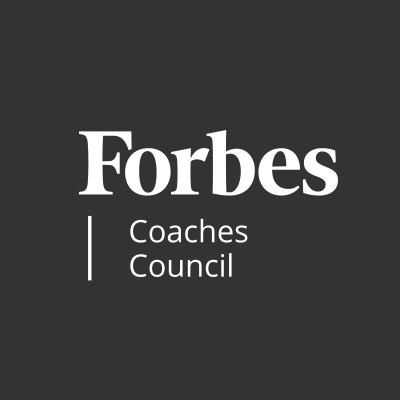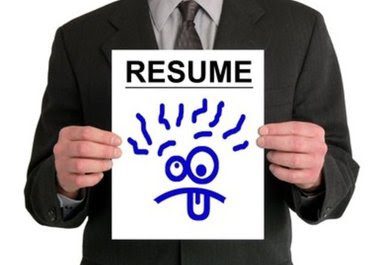Job Search & Career Management Tip
There is never a reason to lie about your qualifications for a position. Regardless of whether you lie in your resume, at the interview, in background search information provided, or once you are working at the new organization, in the end you could lose the job. You will always be found out, ultimately, and all […]
Job Search & Career Management Tip Read More »









